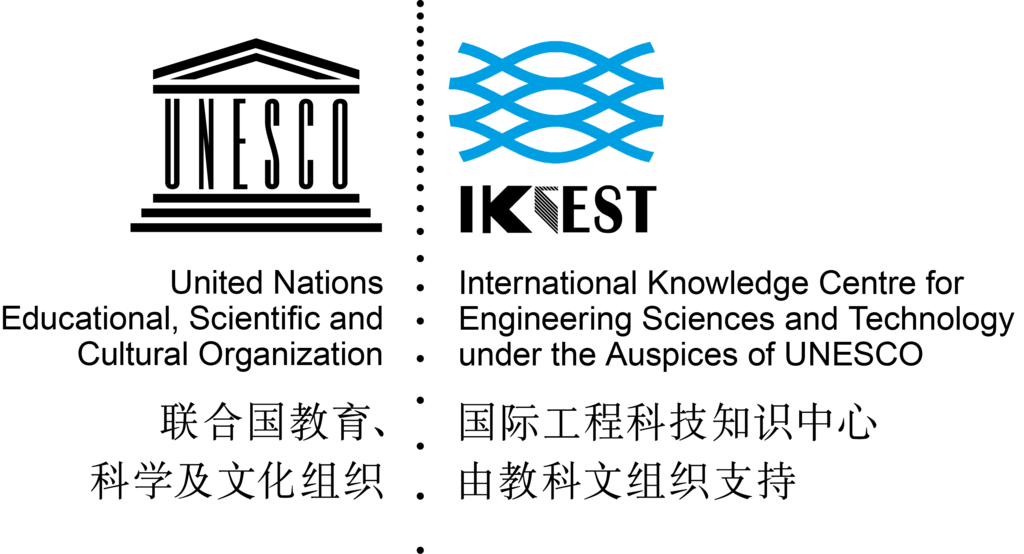In September of 2015, IKCEST paid work visit to the UNESCO Headquarter and reported to related departments. The attending officials and experts suggested that IKCEST add links of the UNESCO category 2 centres to its platform and form a window to UNESCO category 2 centres through assortment and classification of information release of category 2 centres. Thus, IKCEST can integrate the progress of all activities of category 2 centres to submit to UNESCO an annual report of all aspects of category 2 centres as featured services of IKCEST.
Afterwards, IKCEST secretariat and its development team started survey on building up such an information and knowledge sharing platform and made a series of achievements. As there were challenges in centres operating for both centres and the UNESCO Headquarters, IKCEST found that the category 2 centres have urgent need for such a platform. The platform could serve as an open hub for centres to share data, information, knowledge and applications, for UNESCO Headquarters to guide, coordinate and supervise all the centres and to provide infrastructure support and fundamental services for operations for centres, could serve as an centralized portal for the general public to navigate information about all centres, and could serve as an information exchange bridge for centres to communicate with other partners. IKCEST also made case studies on the possible functions of the platform, including: 1) Collection & Sharing information automatically for the centres, 2) Provide Analysis Tools for the centres, 3) Meeting Management, Planning and Publication for the centres, 4) Status Analysis for the Headquarters, 5) Planning Assistance for the Headquarters, 6) Report Generation for the Headquarters, 7) Portal for General Public, 8) Automatic Information Exchange for Other Organizations.
On the UNESCO Science Centres Coordination Meeting held from May 15 to 18, IKCEST made a presentation on its survey results to the UNESCO Headquarters and all the science centres, and brought discussion to the meeting. As a result of discussion, the centres reached an agreement on “welcoming the establishment of an Information and Knowledge Sharing Platform based on proposals such as the one presented to the meeting by IKCEST or others”, and the agreement was recorded in Beijing Action Plan, the outcome document of the meeting. Also, on the meeting, IKCEST distributed a user needs survey questionnaire for broader collection of the centres’ idea, which was supportive for further study.
Afterwards, in order to push forward the building of the platform, IKCEST sought for collaboration with some category 2 centres in Latin America. From October 11 to 21, 2016, an IKCEST delegation visited a number of UNESCO C2ICs and state universities in Latin America including the Centre for the Sustainable Management of Water Resources in the Caribbean Island States (CEHICA) in Santo Domingo, Dominican Republic, the Centro Regional para el Fomento del Libro en América Latina y el Caribe (CERLALC) in Bogota, Colombia, and the Centro Regional para la Salvaguardia del Patrimonio Cultural Inmaterial de América Latina (CRESPIAL) in Cuzco, Peru.
In the future, IKCEST will continually devote to building platforms to support people to have the capabilities not just to acquire information but also to transform it into knowledge and understanding, not only within the UNESCO, but also for the common public in various fields.
Original Text (This is the original text for your reference.)
In September of 2015, IKCEST paid work visit to the UNESCO Headquarter and reported to related departments. The attending officials and experts suggested that IKCEST add links of the UNESCO category 2 centres to its platform and form a window to UNESCO category 2 centres through assortment and classification of information release of category 2 centres. Thus, IKCEST can integrate the progress of all activities of category 2 centres to submit to UNESCO an annual report of all aspects of category 2 centres as featured services of IKCEST.
Afterwards, IKCEST secretariat and its development team started survey on building up such an information and knowledge sharing platform and made a series of achievements. As there were challenges in centres operating for both centres and the UNESCO Headquarters, IKCEST found that the category 2 centres have urgent need for such a platform. The platform could serve as an open hub for centres to share data, information, knowledge and applications, for UNESCO Headquarters to guide, coordinate and supervise all the centres and to provide infrastructure support and fundamental services for operations for centres, could serve as an centralized portal for the general public to navigate information about all centres, and could serve as an information exchange bridge for centres to communicate with other partners. IKCEST also made case studies on the possible functions of the platform, including: 1) Collection & Sharing information automatically for the centres, 2) Provide Analysis Tools for the centres, 3) Meeting Management, Planning and Publication for the centres, 4) Status Analysis for the Headquarters, 5) Planning Assistance for the Headquarters, 6) Report Generation for the Headquarters, 7) Portal for General Public, 8) Automatic Information Exchange for Other Organizations.
On the UNESCO Science Centres Coordination Meeting held from May 15 to 18, IKCEST made a presentation on its survey results to the UNESCO Headquarters and all the science centres, and brought discussion to the meeting. As a result of discussion, the centres reached an agreement on “welcoming the establishment of an Information and Knowledge Sharing Platform based on proposals such as the one presented to the meeting by IKCEST or others”, and the agreement was recorded in Beijing Action Plan, the outcome document of the meeting. Also, on the meeting, IKCEST distributed a user needs survey questionnaire for broader collection of the centres’ idea, which was supportive for further study.
Afterwards, in order to push forward the building of the platform, IKCEST sought for collaboration with some category 2 centres in Latin America. From October 11 to 21, 2016, an IKCEST delegation visited a number of UNESCO C2ICs and state universities in Latin America including the Centre for the Sustainable Management of Water Resources in the Caribbean Island States (CEHICA) in Santo Domingo, Dominican Republic, the Centro Regional para el Fomento del Libro en América Latina y el Caribe (CERLALC) in Bogota, Colombia, and the Centro Regional para la Salvaguardia del Patrimonio Cultural Inmaterial de América Latina (CRESPIAL) in Cuzco, Peru.
In the future, IKCEST will continually devote to building platforms to support people to have the capabilities not just to acquire information but also to transform it into knowledge and understanding, not only within the UNESCO, but also for the common public in various fields.








 User Center
User Center My Training Class
My Training Class Feedback
Feedback












Comments
Something to say?
Login or Sign up for free